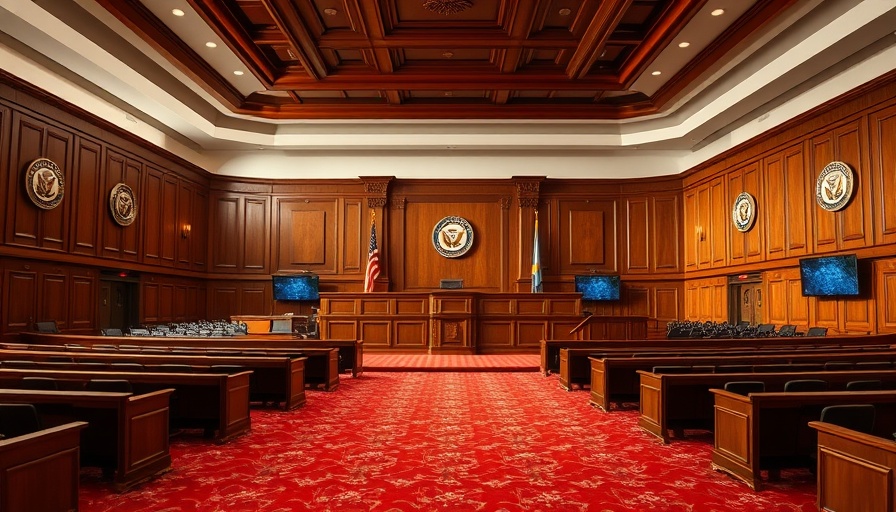
A Financial Squeeze: Indigent Defense Crisis Looms
As federal funds for court-appointed defense lawyers dwindle, the integrity of public defense faces a critical challenge. This financial crisis, which has emerged unexpectedly within a year of commemorating the 60th anniversary of the Criminal Justice Act (CJA), threatens to disrupt access to justice for vulnerable populations across the United States.
The Legacy of the Criminal Justice Act
The CJA was enacted in 1964 to ensure that defendants unable to afford legal representation could receive adequate counsel. Lawmakers intended this act to prevent the erosion of due process rights for those who find themselves entangled in the legal system without the means to defend themselves. Judge Myron Thompson, one of the first lawyers appointed under the CJA, described it as "one of the most important pieces of legislation passed by Congress." His words echo the sentiment shared among legal professionals who view the Act as essential to maintaining fairness in the judicial process.
Status Quo: The Reality for Defense Lawyers
Currently, federal defenders' offices are burdened by hiring freezes, which have compounded the issues stemming from budget cuts. With an increased rate of prosecutions and a shrinking pool of resources, fewer experienced attorneys are available to step in as back-up for overwhelmed defenders. This lack of support leads to attorney shortages and presents a dire scenario where appointed lawyers—many of whom are solo practitioners or working in small firms—are unable to offer the level of representation that their clients deserve.
The Justice Gap: What It Means for Clients
As Congress faces a critical September 30 deadline to secure funding, the looming justice gap—defined as a disparity in access to quality representation—threatens to disenfranchise many individuals at a time when the stakes couldn’t be higher. Andy Birrell, president of the National Association of Criminal Defense Lawyers, articulated the concern poignantly: "It threatens to cripple the ability to provide effective public defense, leading to back-ups and a denial of due process." The repercussions of inaction will inevitably ripple across the legal community, infringing on the rights of all defendants.
Steps Towards Resolution: The Role of Advocacy
Advocacy groups are now mobilizing to highlight the urgent need for Congressional intervention. With growing awareness around the crisis, it is crucial for citizens and stakeholders to voice their concerns to lawmakers. Community organizations and legal NGOs are spearheading campaigns to educate the public on the implications of insufficient funding while pressuring representatives to prioritize legal aid in their agendas. This advocacy is vital for ensuring that the basic rights of defendants are upheld, particularly among marginalized groups who are disproportionately affected by inadequate legal representation.
Implications for the Legal System: Future Predictions
If funding is not restored, the future landscape of public defense could change significantly—resulting in delays, overwhelmed attorneys, and potentially wrongful convictions. Increased strain on legal resources may also deter qualified lawyers from accepting appointments, compounding the crisis over time. Legal experts predict that failure to act may create a backlog in the criminal justice system, ultimately hindering judicial efficiency.
Conclusion: Making Your Voice Heard
The mounting pressure on the indigent defense system is a clarion call for action. As citizens, we have the power to enable change by engaging with our representatives, participating in advocacy efforts, and fostering discussions about the importance of public defense funding. This crisis present an opportunity for communities to come together and demand that access to justice not be a privilege, but a right for all individuals. By addressing these challenges head-on, we pave the way for a more equitable legal landscape.
 Add Element
Add Element  Add Row
Add Row 



Write A Comment